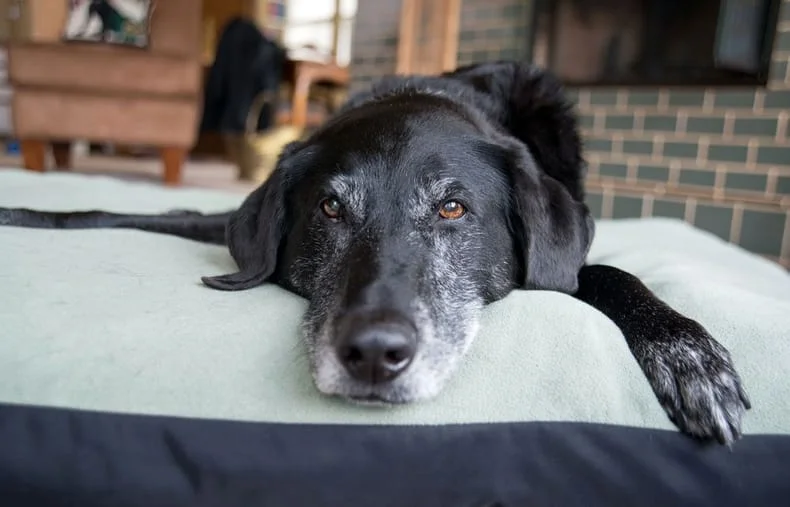If your pet is getting up there in years, they’ll need a bit more care than they did in their “prime.” This guide from our team at Animal Hospital of Lynnwood will walk you through a few of the most important things to know to care for your senior pet.
What’s Considered a Senior Pet?
When your pet hits senior status depends on the pet you have. As a rule of thumb, cats are usually senior once they hit 10. If you have a dog, it will depend on its breed. However, they’ll typically be considered senior when they’ve reached the last quarter of the life expectancy for their breed.
Nutritional Needs Are Different for Senior Pets
You likely know that human nutritional needs change throughout life. Newborns need specific milk or formula, young children need different foods that support their development, and so on. Pets are much like this. And like senior adults often eat differently, senior pets will do the same.
However, also like humans, the specific needs can change among those senior pets, so there’s no set guideline to go by. You must work with your veterinarian to understand the needs of your pet.
Exercise Is Still Important
No living being should go without exercise, stimulation, and activity. These things keep us all healthy as well as fight boredom and maintain our weight. Your furry friend may not be as interested in playing as they once were, but it’s still important. Your veterinarian can give you recommendations for things to try.
Risk of Health Conditions Increases With Senior Pets
As your pet ages, the risk of health issues gets higher. While not a comprehensive list, the following are some of the most common conditions that senior pets face:
- Arthritis
- Cancer
- Diabetes
- Thyroid issues, especially hypothyroidism
- Joint or bone problems
- Kidney disease and failure
- Dental health conditions, which can lead to respiratory, liver, and heart problems
- Vision and hearing loss
Unfortunately, these health problems can sneak in and go undetected for quite some time if you’re not looking for them. That’s why it’s essential to keep all senior pet care appointments.
For most of your pet’s life, you probably only needed to see your vet once a year after your pet turned one. When they hit senior status, though, you’ll likely need to increase those visits to at least twice a year to keep on top of potential health issues. Your veterinarian will let you know if there is a need for additional monitoring.
Visit Your Lynnwood WA Veterinarian for Senior Pet Care
From babies to seniors, we’re here to help keep your pet at its healthiest. Schedule an appointment with our team at Animal Hospital of Lynnwood by calling (425) 771-6300 today.

